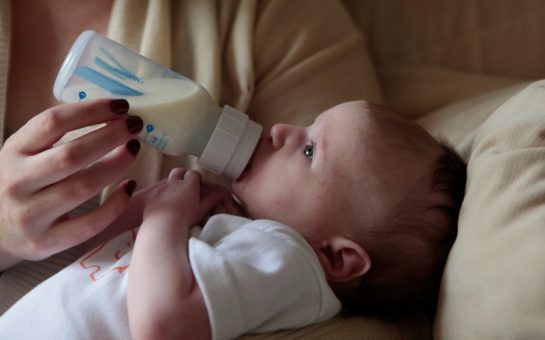A former south west London teacher who spent eight undiagnosed years with Lyme disease is releasing an album hoping to change the way the disease is tested in the UK.
Demetrios Loukas, 48, was bitten by a tick during a school trip to an Oxfordshire farm in 2005 but was not formally diagnosed until 2013.
The album Square Halo: The Lyme Years features the song ‘Never Give Up’ which comes as part of his ‘Fight Lyme Now’ campaign – logo pictured above – Mr Loukas co-founded aiming to help sufferers of Lyme be diagnosed sooner.
Mr Loukas worked with the campaign’s other co-founders British research scientist Dr Chris Newton and European Lyme disease specialist Dr Armin Schwarzbach to suggest the current system in place to detect Lyme disease is not sufficient.
Lyme disease is a bacterial infection that can be spread to humans by infected ticks and is usually easier to treat if it is diagnosed earlier.
Mr Loukas said: “Some people just fall through the net with these things and unfortunately I was one of them.
“The rap is particularly meaningful because it concisely sums up the contentious issue of Lyme disease detection and diagnosis.
“The song touches on my personal experience of being undiagnosed and untreated, if not misdiagnosed and inappropriately treated by the NHS.”
Mr Loukas said he started to develop a rash and fever which progressively got worse but his Lymes was not picked up by doctors.
He was forced to stop teaching in 2012 to have major surgery for heart issues which was later identified to be a result of Lyme disease.
The teacher said the album took him years to write as he was often too ill to get out of bed.
He added: “The tests used by the NHS to detect Lyme disease are at best 50% sensitive, so they’re not totally reliable, and we’ve had this confirmed by the Rare and Imported Pathogens Laboratory in Porton Down.”
Public Health England London regional communication manager Tycie West said: “It is inaccurate to say that the tests are 50% accurate at best.
“The tests work by detecting biological molecules (known as antibodies) produced by the body in response to the bacteria that causes Lyme Disease.
“If taken two to three weeks after a bite, in some cases there may not be enough antibodies to give a positive test.
“However, by six weeks the test is 100% accurate at determining positive cases.”
Dr Chris Newton, scientific lead for Fight Lyme Now, said: “Theoretically the system used by PHE could approach 100% accuracy in detecting highly positive samples, but not all patients who have Lyme disease are highly positive.
“In other words, many patients with all the symptoms of Lyme disease produce low levels of antibodies to Borrelia. The statement made by PHE that, ‘by six weeks the test is 100% accurate at determining positive cases’ is not correct. It would only be correct if all the individuals tested had Lyme arthritis or neuroborreliosis, where it would appear that high numbers of antibodies are produced.”
Mr Loukas taught at schools in Clapham, Wandsworth, Earlsfield, Southfields, Pimlico and Brixton but is not currently working while he recovers.
He had always been musical but was inspired to make the album when his NHS Clinical psychologist encouraged him to keep playing music.
“She encouraged me to continue singing and songwriting because she believed it would lift my mood,” he said.
“It has been an escape and still is to this day.”
The album release and ‘Fight Lyme Now’ campaign are due to take place later this summer.
The National Institute for Care and Wellbeing Excellence (NICE) information on diagnosis and treatment of Lyme disease can be found at https://www.nice.org.uk/guidance/ng95




